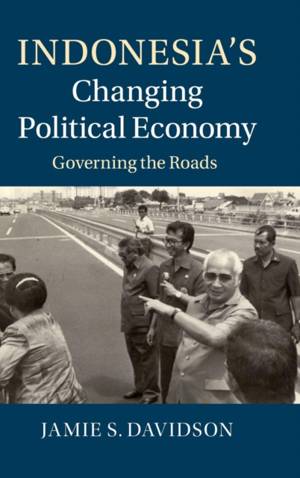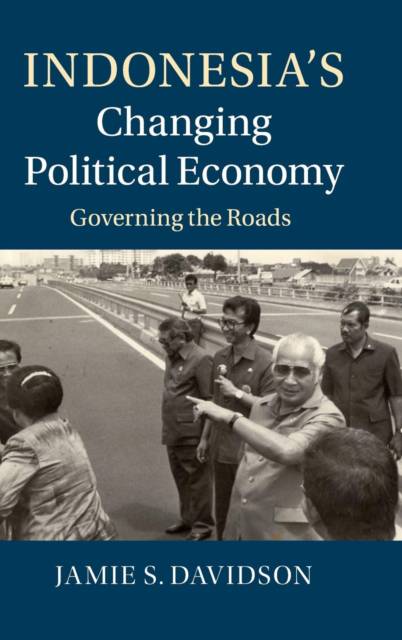
- Afhalen na 1 uur in een winkel met voorraad
- Gratis thuislevering in België vanaf € 30
- Ruim aanbod met 7 miljoen producten
- Afhalen na 1 uur in een winkel met voorraad
- Gratis thuislevering in België vanaf € 30
- Ruim aanbod met 7 miljoen producten
Zoeken
€ 172,95
+ 345 punten
Uitvoering
Omschrijving
Indonesia is Southeast Asia's largest economy and freest democracy yet vested interests and local politics serve as formidable obstacles to infrastructure reform. In this critical analysis of the politics inhibiting infrastructure investment, Jamie S. Davidson utilizes evidence from his research, press reports and rarely used consultancy studies to challenge mainstream explanations for low investment rates and the sluggish adoption of liberalizing reforms. He argues that obstacles have less to do with weak formal institutions and low fiscal capacities of the state than with entrenched, rent-seeking interests, misaligned central-local government relations, and state-society struggles over land. Using a political-sociological approach, Davidson demonstrates that 'getting the politics right' matters as much as getting the prices right or putting the proper institutional safeguards in place for infrastructure development. This innovative account and its conclusions will be of interest to students and scholars of Southeast Asia and policymakers of infrastructure investment and economic growth.
Specificaties
Betrokkenen
- Auteur(s):
- Uitgeverij:
Inhoud
- Aantal bladzijden:
- 312
- Taal:
- Engels
Eigenschappen
- Productcode (EAN):
- 9781107086883
- Verschijningsdatum:
- 22/01/2015
- Uitvoering:
- Hardcover
- Formaat:
- Genaaid
- Afmetingen:
- 152 mm x 229 mm
- Gewicht:
- 585 g

Alleen bij Standaard Boekhandel
+ 345 punten op je klantenkaart van Standaard Boekhandel
Beoordelingen
We publiceren alleen reviews die voldoen aan de voorwaarden voor reviews. Bekijk onze voorwaarden voor reviews.











